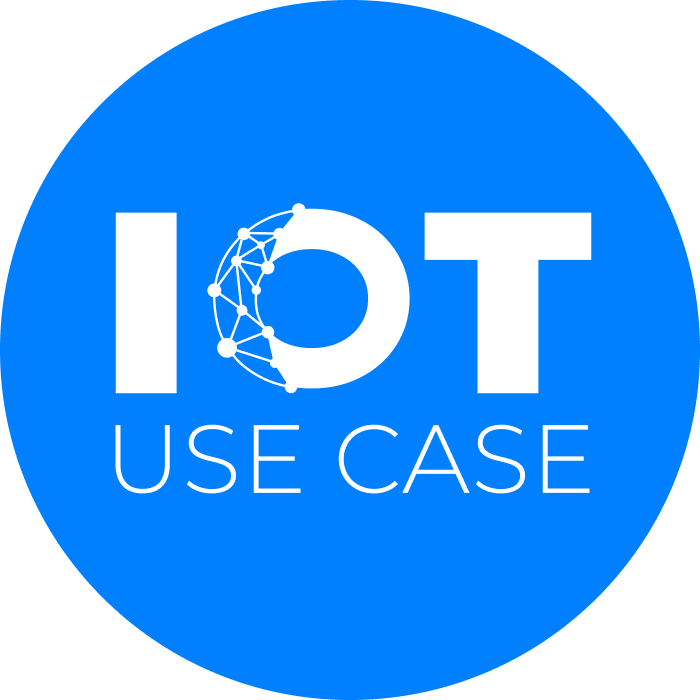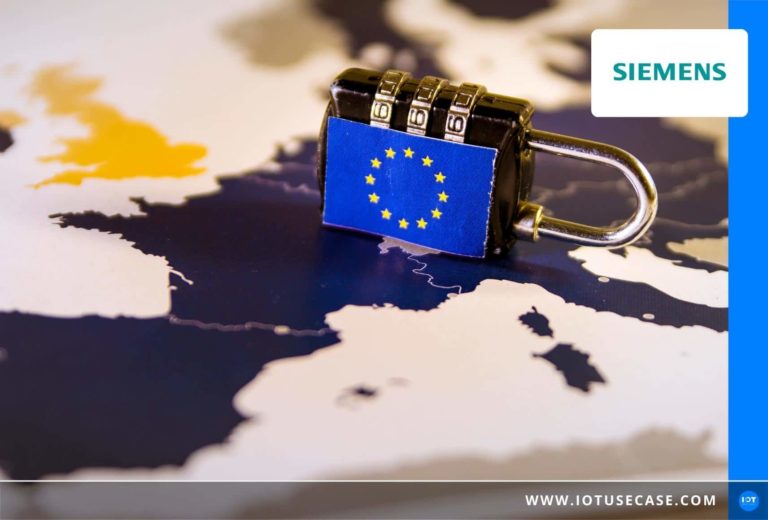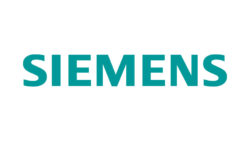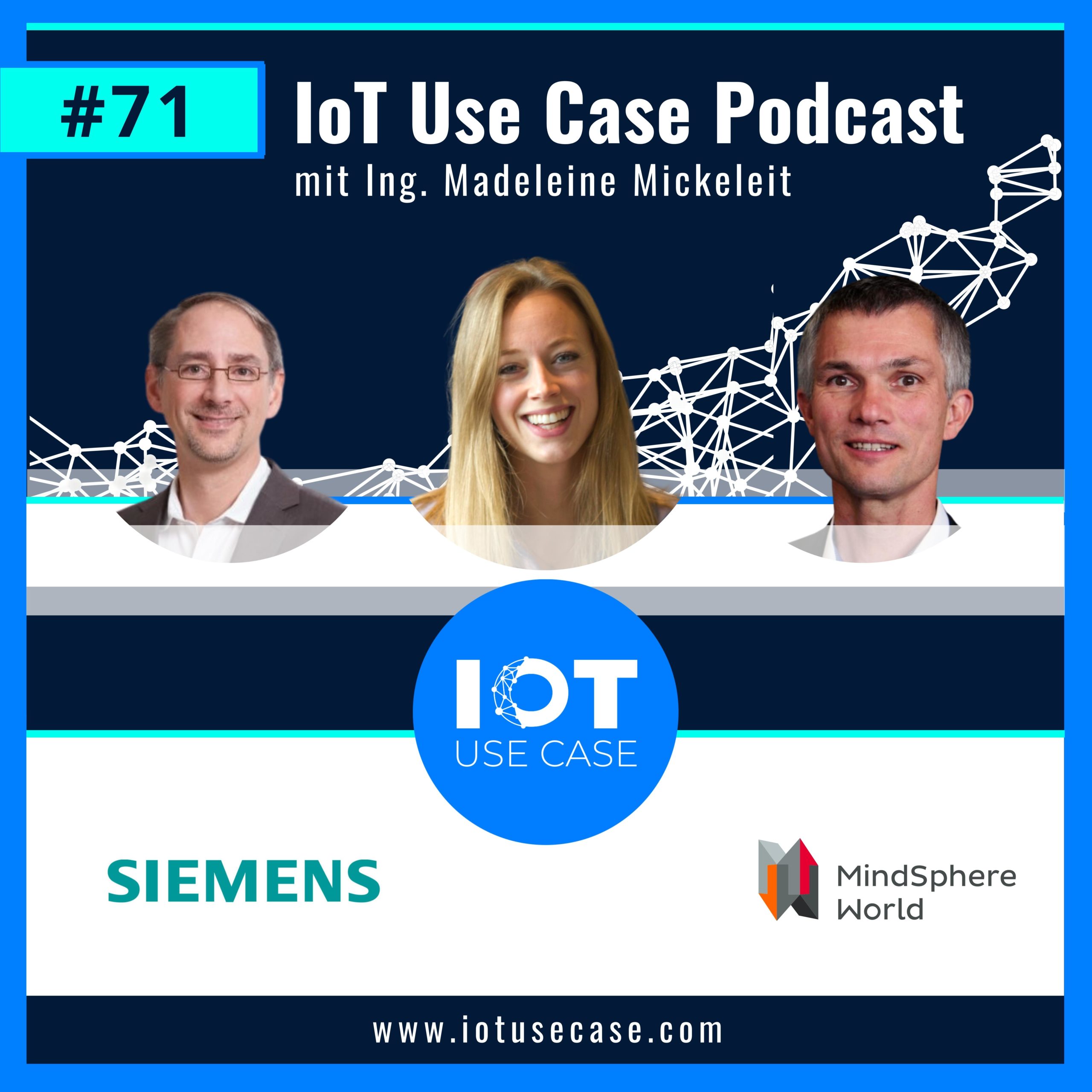Data pools and data sharing promise many benefits for IoT projects. But companies often do not profit from this because they refuse to share data due to legal concerns. One way out is customized contract templates that are automatically generated based on project data.
The challenge: Companies are hesitant about data sharing because rights and obligations are difficult to clarify
The exchange of data within a supply chain or with commercial customers is essential for the Industrial IoT. A practical example: A manufacturer of automatic placement machines for printed circuit boards offers an AI-supported quality analysis for this purpose. The quality data is not only determined in the placement machine, but also in a furnace purchased from its manufacturer, in which solder is heated. For quality inspection, data is collected and sent via Industrial IoT to a cloud-based IoT platform with AI capabilities.
Therefore, three different companies are responsible for the quality analysis: the vending machine manufacturer, the furnace supplier and the platform provider. In machine tool manufacturing, the electronics industry and many other sectors, such situations are quite common due to the increasing prevalence of Industrial IoT. Often, other companies in the value chain are involved, for example, because they also have an interest in the quality data as buyers of the produced workpieces.
Such technical processes create a multilateral legal relationship, a common scenario in data sharing for Industrie 4.0 and Smart Factory. Since business-critical data and occasionally even personal data are involved here under the DSGVO regime, the entire data exchange must be contractually regulated. This is a very involved process with traditional documents prepared by an attorney. The consequence: B2B companies lose valuable time in initiating shared data pools and the resulting solutions and new business models.
The solution: Automatically generated contract templates for data pool projects
The multilateral relationship between the companies in the example creates a shared data pool. It is managed on one platform (in this case MindSphere, but the principle is also applicable to other platform), which means extensive automation of data exchange. In this case, it is helpful to be able to generate a contract template “at the push of a button” based on the information in the data pool, which provides legal certainty for all companies involved and protects the data through the legal relationship.
Such contract templates for data pool projects are particularly important for artificial intelligence and machine learning. Applications such as condition monitoring, predictive maintenance or quality inspection involve large amounts of business-critical data. Here, contracts are important to precisely clarify rights, duties and responsibilities.
Contract templates for data sharing in Industrial IoT enable cross-company data pools that have yet another benefit for AI applications: They increase the data base and allow better training of the machine learning models used. As a result, all parties involved benefit and can be sure that their data is protected to the maximum.
The result: Faster availability of clear and comprehensive contracts for data-driven innovation
Contract templates enable the creation of cross-company data pools and collaboration models on a stable legal basis – without legal fears. Many companies fear losing company secrets and encountering legal problems (compliance) as a result of the partial disclosure of their data. But contract templates tailored to specific data uses protect companies and also enable them to move into data-driven business models – quickly and with the necessary care.








